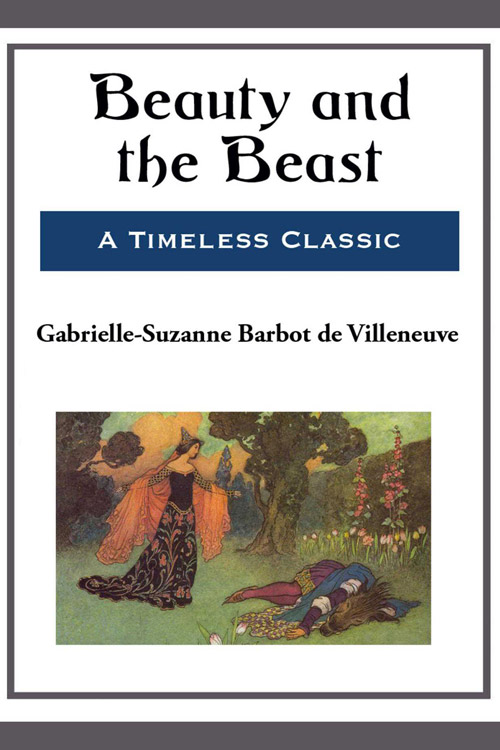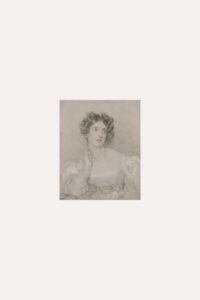
Beauty and the Beast
A widower merchant lives in a mansion with his twelve children (six sons and six daughters). All his daughters were excellent, but the youngest daughter was named “Little Beauty” for she was the most gorgeous. She continued to be called “Beauty” until she was a young adult. She is the most lovely, kind, well-read, and pure of heart, while the elder sisters, in contrast, are cruel, selfish, vain, spoiled, and jealous of the little beauty. The merchant eventually loses all of his wealth in a storm at sea, which sinks most of his merchant fleet. Consequently, he and his children are forced to live in a small cottage in a forest and work for a living. While Beauty resolves to adjust to rural life with a cheerful disposition, her sisters do not and mistake her determination for stupidity. Some years later, the merchant hears that one of the trade ships he had sent has arrived back in port, having escaped the destruction of its companions. Before leaving, he asks his children if they wish him to bring them any gifts back.
His oldest daughters ask for clothing, jewels, and the finest dresses possible as they think his wealth has returned. Beauty asks for nothing but her father to be safe, but when he insists on buying her a present, she is satisfied with the promise of a rose, as none grow in their part of the country. To his dismay, the merchant finds that his ship’s cargo has been seized to pay his debts, leaving him penniless and unable to buy his children’s presents. During his return, the merchant becomes lost during a vicious storm. Seeking shelter, he comes upon a castle. Seeing that no one is home, the merchant sneaks in and finds tables inside laden with food and drink, which seem to have been left for him by the castle’s invisible owner. The merchant accepts this gift and spends the night there. The following day, the merchant comes to view the palace as his possession and is about to leave to fetch his children.
He sees a rose garden and recalls that Beauty had desired a rose. The merchant quickly plucks the loveliest rose he can find and is about to pluck more to create a bouquet, only to end up being confronted by a hideous “Beast” who tries to kill him for stealing his most precious possession even after accepting his hospitality. The merchant begs to be set free, revealing that he had only picked the rose as a gift for his youngest daughter. The Beast agrees to let him give the rose to Beauty, but only if the merchant brings one of his daughters to take his place without deception; he makes it clear that she must agree to take his place while under no illusions about her predicament.
Read or download Book
Gabrielle-Suzanne de Villeneuve
Gabrielle-Suzanne de Villeneuve was born and died in Paris.
Biography
She belonged to a powerful Protestant family from La Rochelle and was a descendant of Amos Barbot, a Peer of France and a deputy in the Estates General in 1614. His brother, Jean Amos, became mayor of La Rochelle in 1610. Another relative, Jean Barbot (1655-1712), was an early explorer of West Africa and the Caribbean and worked as an agent on slave ships. He published his travel journals in French and English after he migrated to England to escape the persecution of Protestants after Louis XIV revoked the Edict of Nantes in 1685.
In 1706, Gabrielle-Suzanne married Jean-Baptiste Gaalon de Villeneuve, a member of a noble family from Poitou. Within six months of their marriage, she requested a separation of property from her husband, who had already squandered much of their substantial joint inheritance. A daughter was born, but no records indicate if she survived. In 1711, Gabrielle-Suzanne became a widow at the age of 26. She lost her fortune and was forced to seek employment to support herself. Eventually, she returned to Paris, where she met Prosper Jolyot de Crébillon, or Crébillon père, the most famous writer of tragedies of the period. She likely began cohabitating with Crébillon père in the early 1730s, although the earliest documented date is 1748. She remained with him until she died in 1755 and assisted him with his duties as the royal literary censor. She thus became knowledgeable about the literary tastes of the Parisian reading public.






